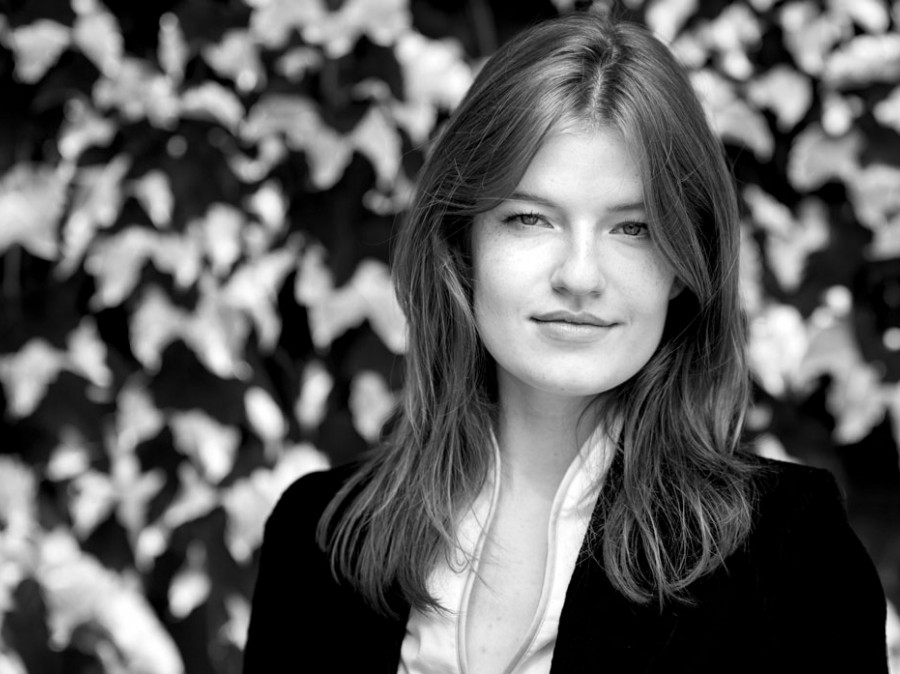Marie-Louise James

Marie-Louise James joined the German Department in 2021. Her dissertation examines the history of nostalgia at the intersection of aesthetics and politics in the late nineteenth and early twentieth centuries, spanning from discussions in forensic psychiatry and psychoanalysis to artistic representations and theories of political philosophy.
Marie-Louise approaches her research from an interdisciplinary and transnational perspective. She has published on Pier Paolo Pasolini’s “nostalgia for the sacred” (Journal for Italian Cinema and Media Studies, 2024) and is co-editor of the forthcoming edited volume Uncanny Environments. Further publications combining intermedial frameworks with a critical interest in recursive temporalities include “Screening the Venetian Uncanny: Luchino Visconti’s Death in Venice (1971) and Nicolas Roeg’s Don’t Look Now (1973)” (Journal for Italian Cinema and Media Studies, 2025); “Sehen Sie mal, Warburg…’ Zur Skalierung politischer Pathossemantik” (Zeitschrift für Ideengeschichte, 2023); and “The Erotic Gaze of the Italienreise: Wilhelm von Gloeden and Der Tod in Venedig” (Publications of the English Goethe Society, 2021).
Her research has been supported by the German Academic Exchange Service (DAAD), Nietzsche-Forum-München e.V., New German Critique, Princeton University Center for Human Values, and Princeton Institute for International and Regional Studies. In 2024, she received a Teaching Award from the Graduate School and an Exemplary Mentor Award from the McGraw Center for Teaching & Learning. During the 2025-2026 academic year, she will serve as a Graduate Affiliate of the European Cultural Studies Program, as well as a Modeling Culture Fellow at the Center for Digital Humanities at Princeton.
Prior to her PhD studies, Marie-Louise completed an MPhil in Comparative Literatures and Cultures at the University of Cambridge, where she also received her B.A.in German and Italian with the Faculty of Modern and Medieval Languages. She has additionally studied at the Università degli Studi di Milano, Italy, and worked for publishing companies in Berlin and Munich as a translator, writer, and illustrator.
“The Persistence of Nostalgia: Modernity’s Pathology”
Devin Fore




